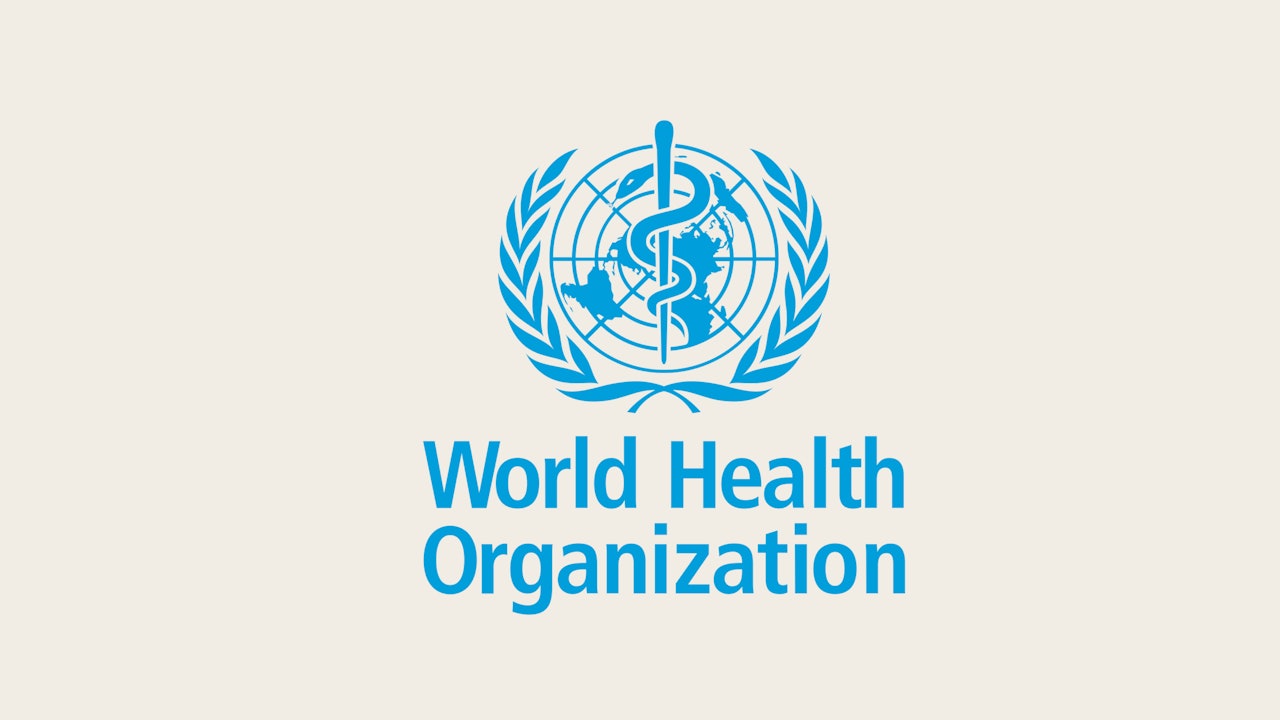WHO tells the world workplace mental health matters

Content
- From ‘HR issue’ to human right
- Take action to prevent work-related mental health conditions
- Train managers to support people
- Support those with mental health conditions to thrive
- Celebrating the Guidelines
The World Health Organization (WHO) announced global guidelines for mental health at work. This is a historic milestone for workers worldwide.
Let’s break down what they’ve announced and why it’s so important:
From ‘HR issue’ to human right
The WHO’s new guidelines confirm that caring for our mental health goes far beyond the remit of HR and People teams – it’s a human and economic need.
Health and safety regulations have protected our physical health for decades. For too long, we’ve worked without globally applicable, evidence-based guidelines to support, protect, and promote mental health at work.
But now, the world is finally catching up; these guidelines lay down many of the key points that HR leaders and the workplace community have long been campaigning for.
Take action to prevent work-related mental health conditions
It’s time to focus on the detrimental effect work can have on our mental health
The WHO guidelines leave no space for doubt: workplaces must identify and tackle risks to mental health. Those risks include heavy workloads, negative or stigmatizing behaviors, and other factors that create emotional distress at work.
Similarly, interventions and mental health support systems need to be assessed and dependable for employers and employees alike. The WHO calls for organizations to ensure this support is comprehensive, evidence-based, and built into their existing occupational safety and health (OSH) management systems.
Beyond this, there’s a drive to build working cultures that not only prevent psychosocial risks but actively improve employee mental health, empowering them to thrive. That means addressing the environment using organizational interventions to reshape work conditions, strengthening culture, management, and relationships.
Train managers to support people
Managers interact with more staff on a given day than any head of HR or CEO – creating a safe culture starts with them.
For the first time, the WHO recommends manager training to strengthen their knowledge, attitudes, and behaviors for mental health – knowing how and when to direct employees to support and recognize when they need it.
But if we want to build cultures where employees thrive, then ‘safety’ is the bare minimum: these guidelines go further to call for manager training that promotes positive mental health, rather than just mitigating problems.
Why? Because a mental first aid box is not enough.
Building a generation of modern managers needs evolving, continuous training that goes beyond ‘first aid’ style intervention – so managers know how to actively listen, signpost, and set healthy examples to be better leaders.
Support those with mental health conditions to thrive
Between 15-20% of the working-age population are living with a mental health condition, some of which will be experiencing complex and acute challenges.
But the staggering majority of these people can lead purposeful and fulfilling working lives – just as long as they’re given the opportunities, support, and confidence from employers.
Of course, this will have a massively positive impact on the economy (and we really need that right now), but more importantly, it’ll benefit the wellbeing of people who are too often sidelined as a result of societal failings.
These guidelines are the evidence-based sunlight that’ll help disinfect the workplace of stigma.
Celebrating the Guidelines
These guidelines are such good news. It is shining the spotlight on how we should be thinking about mental health at work. It isn’t just about individual support, although this is crucial; it’s also about tackling the environment and culture that people are working within.
